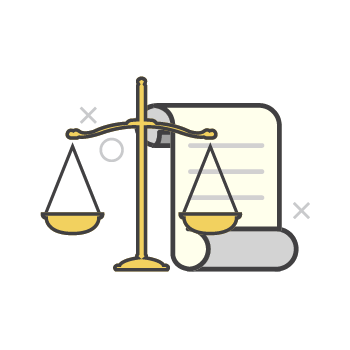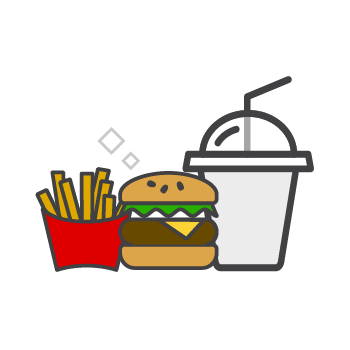Eight Tips to Help You Manage Your Anxiety
by Stephanie Koathes Mar 11, 2019

Everyone can be anxious about something, but not everyone has anxiety.
Anxiety can be crippling, affect your self-esteem, sleep, ability to make changes… it’s serious and difficult to deal with. Hearing ‘you have nothing to be anxious about’ does not help.
If you’re struggling with anxiety here are a few strategies to help you cope.
• Accept it. Being anxious sometimes is normal, it’s important to remember that. Accept this and try not to be anxious about being anxious!
• Reduce the amount of alcohol and caffeine you consume because these can make you feel more anxious and trigger panic attacks.
• Give yourself a reality check. Is your anxiety about something justified? Take stock of the level of anxiety you feel and the subject that’s causing it. Ask yourself: “Is this level of anxiety reasonable?”
• Prioritise self-care. Find something that soothes you like meditation, listening to music, reading or yoga, and use it to help to restore calm.

• Set aside a worry time. Carve out a few minutes where you sit and address the issues you’re worried about. (https://inboundrem.com) Set a timer. You might find it helpful to write down what you’re anxious about.
• Try to eat regularly and have a balanced diet. This will help to keep your blood sugar and your mood more stable.
• Keep a diary, noting what happens when you feel anxious or have a panic attack. This is useful to give you an idea of what triggers these experiences. Also, record in your diary the other experiences in your life. Anxiety can leave you focusing only on the bad, it’s important to shine a spotlight on the good.
• Talk about it. Close friends or family can provide the support and encouragement you need when your anxiety rears its head. If you feel that you need it, don’t hesitate to contact a mental healthcare provider.
Sources: Psychology Today, Mind, Anxiety and Depression Association of America








